ADU Contractors in Richmond, CA
Top ADU Builders in Contra Costa County, CA
Looking to expand your living space or generate rental income? Creekside Pro Construction specializes in creating beautiful and functional ADUs that perfectly complement your property.
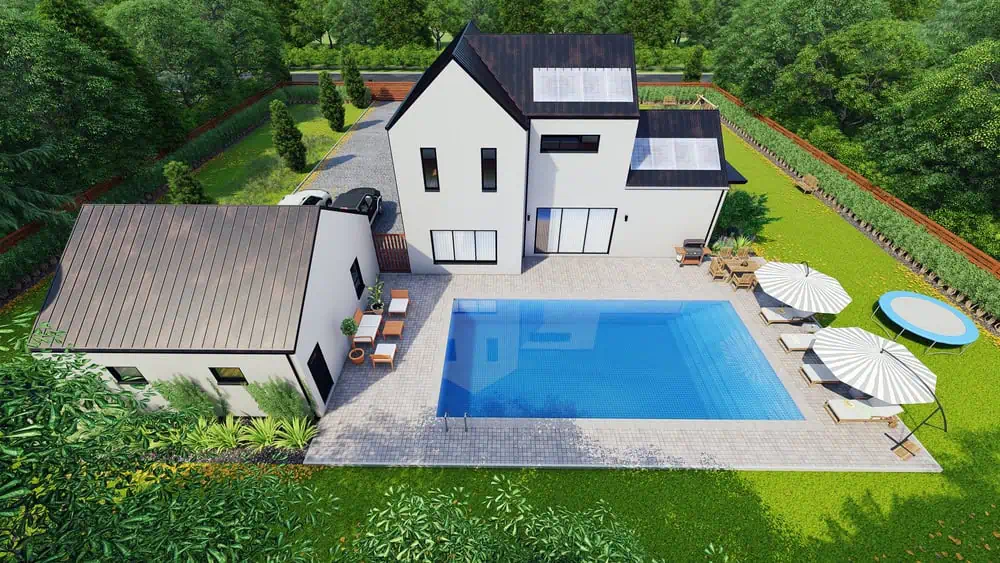
- 24/7 Emergency Response
- Personalized Management Plans
- Fully Insured
- Passionate, Friendly Managers
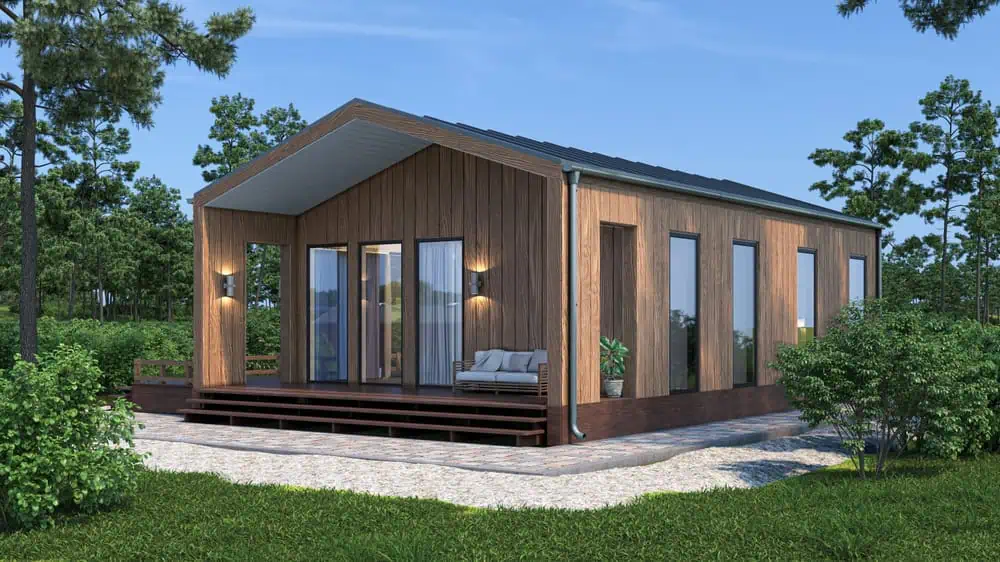
ADU Construction in Richmond
Why Homeowners Choose Creekside Pro Construction
ADU Design and Build
Your Local ADU Experts in Contra Costa County
Creekside Pro Construction is a leading ADU contractor in Richmond, CA, known for our commitment to quality craftsmanship and customer satisfaction. We use high-quality materials, such as durable siding, energy-efficient windows, and long-lasting roofing materials, to ensure your ADU is built to last. Our team of skilled professionals handles every aspect of your project with precision and care.
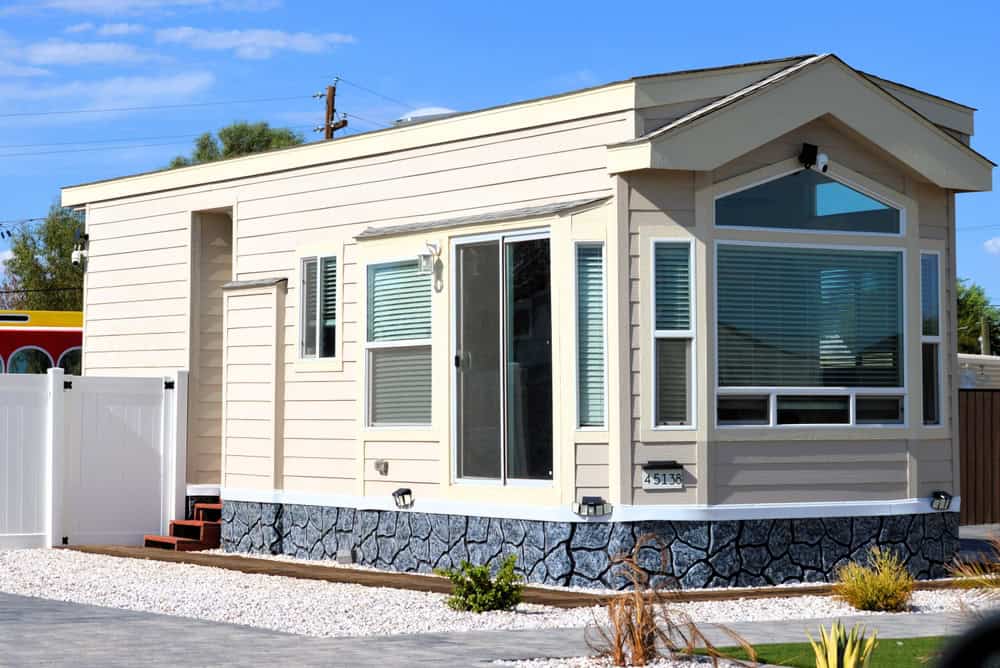
The ADU Construction Process
Building Your ADU in CA
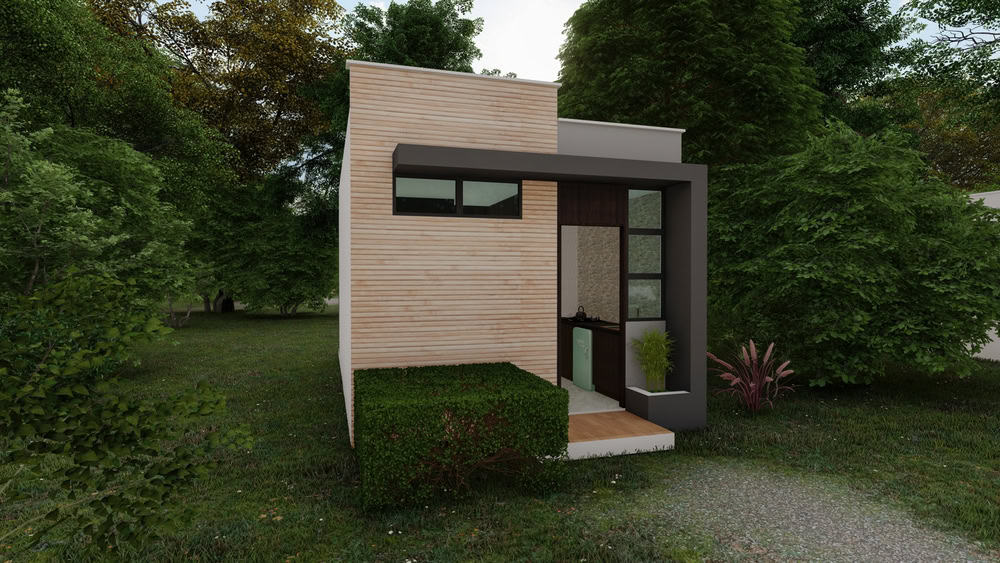
Ready to get started?
View Our ADU Services
About Creekside Pro Construction
Contact us
Custom ADU Builders Near Me
Choose Creekside Pro Construction for Your ADU in Contra Costa County
An ADU is a significant investment that can transform your property and enhance your lifestyle. Creekside Pro Construction has the expertise to bring your ADU dreams to reality. We handle everything from site preparation and foundation work to interior finishes and landscaping, ensuring a smooth and stress-free experience. Contact us at 925-445-7684 to schedule a consultation and explore the possibilities for your property.
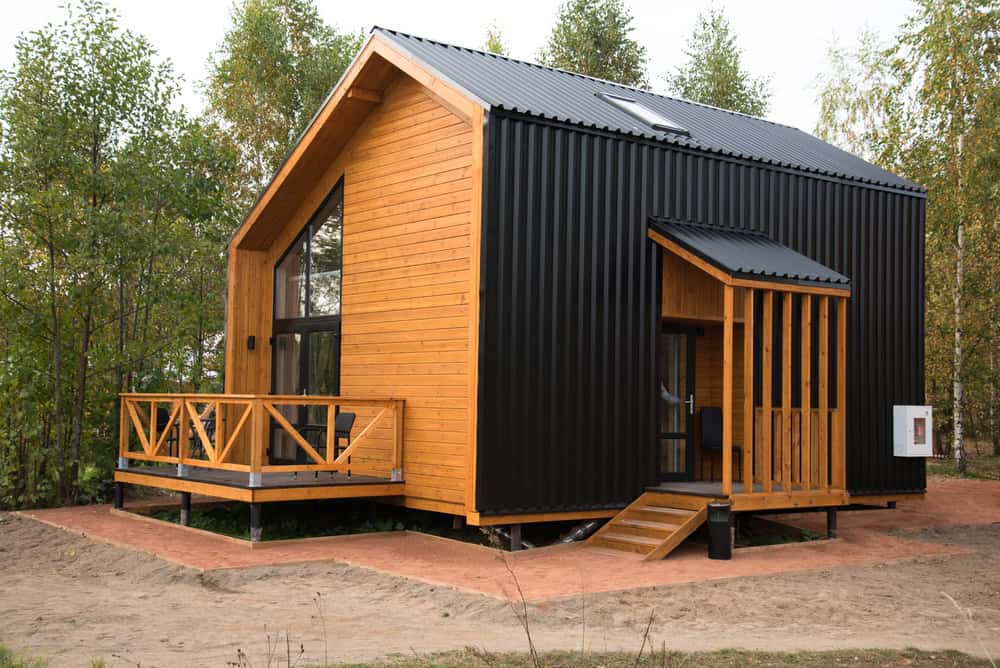
The Ohlone were the first inhabitants of the Richmond-area, settling an estimated 5,000 years ago. They spoke the Chochenyo language, and subsisted as hunter-gatherers and harvesters.
The city of Richmond was carved out of Rancho San Pablo, from which the nearby town of San Pablo inherited its name. Until the enactment of prohibition in 1919, the city had the largest winery in the world; the small abandoned village of Winehaven remains fenced off along Western Drive in the Point Molate Area. From 1917 and throughout the 1920s, the Ku Klux Klan was active in the city. In 1930 the Ford Motor Company opened the Richmond Assembly Plant, which moved to Milpitas in 1956. The old Ford plant has been a National Historic Place since 1988. In 2004 it was purchased by developer Eddie Orton, who converted it into an events center (Ford Point Building-The Craneway). Richmond was a small town at that time, until the onset of World War II brought a rush of migrants and a boom in the industrial sector. Standard Oil set up operations there in 1901, including what is now the Chevron Richmond Refinery and tank farm, which Chevron still operates. There is a pier into San Francisco Bay south of Point Molate for oil tankers. The Santa Fe Railroad’s western terminus was established in Richmond with ferry connections at Ferry Point in the Brickyard Cove area of Point Richmond to San Francisco.
USS General A. W. Greely, built in RichmondAt the outset of World War II, the four Richmond Shipyards were built along Richmond’s waterfront, employing thousands of workers, many recruited from other parts of the country, including many African-Americans and women entering the workforce for the first time. Many of these workers lived in specially constructed houses scattered throughout the San Francisco Bay Area, including Richmond, Berkeley and Albany. A specially built rail line, the Shipyard Railway, transported workers to the shipyards. Kaiser’s Richmond shipyards built 747 Victory and Liberty ships for the war effort, more than any other site in the U.S. The city broke many records and even built a Liberty ship in a record five days. On average the yards could build a ship in 30 days. The medical system established for the shipyard workers at the Richmond Field Hospital eventually became today’s Kaiser Permanente HMO. It remained in operation until 1993, when it was replaced by the hospital, which has since expanded to a multi-building campus.
Learn more about Richmond.Local Resources


